Central Luzon State University

Founded: 1907
Address: Maharlika Highway, Science City of Muñoz - Nueva Ecija, Philippines
Phone: +63 44 4119631
Address: Maharlika Highway, Science City of Muñoz - Nueva Ecija, Philippines
Phone: +63 44 4119631
Here you find out Central Luzon State University complete information about fees, location, degree Central Luzon State University offers, number, website, and much more. Central Luzon State University is a leading university in Nueva Ecija - Philippines.
You can also find out jobs at Central Luzon State University for students, teachers, and professors. We also update the database for an internship at Central Luzon State University for students.
The Central Luzon State University (CLSU), one of the renowned and prestigious state-institutions of higher learning in the country, is the lead agency of the Muñoz Science Community and the seat of the Central Luzon Agriculture, Aquatic and Resources Research and Development Consortium (CLAARRDEC).
It started as a farm school, the Central Luzon Agricultural School (CLAS), on April 12, 1...907 wherein the students learned the rudiments of better farming methods, agricultural mechanics and homemaking arts. These activities soon evolved into a model vocational-agricultural teaching and learning program which became its legacy to the country in so far as the CLAS experience was concerned. As a result, CLAS became a byword for productive farming methods.CLAS was converted into the Central Luzon Agricultural College (CLAC) on December 31, 1950, the first state institution in the country to offer a four-year curriculum for training teachers of vocational agriculture and eventually became known as “the mother of vocational agricultural schools” in the country.
CLAC became the Central Luzon State University on June 18, 1964 by virtue of Republic Act No. 4067. As embodied in its enabling act, the “University shall primarily give professional and technical training in agriculture and mechanic arts besides providing advanced instruction and promoting research in literature, philosophy, the sciences, technology and art”.
To date, CLSU remains as one of the premier institutions of agriculture in Southeast Asia known for its breakthrough researches in aquatic culture (pioneer in the sex reversal of tilapia), ruminant, crops, orchard, and water management, living through its vision of becoming “a world-class National Research University for science and technology in agriculture and allied fields”. Additionally, it is also the first comprehensive state university to undergo institutional accreditation and is declared Cultural Property of the Philippines with the code of PH-03-0027 due to its high historical, cultural, academical, and agricultural importance to the nation.
The Academic Year at Central Luzon State University is divided into two semesters and a summer session. The First semester starts on June every year and ends on October. Normally, after a two-week vacation, the Second semester starts at late October and ends on April of every year. This semester is interrupted by a two-week Christmas vacation that usually start on mid-December and ends on New Year"s day. The Summer sessions starts on mid-April to May.The medium for instruction in the University is English. Most of the lectures, textbooks, instructional materials, and examinations are written in this language. For individuals who wishes to pursue a degree program or a training course in the University whose primary language is not English, a proficiency in this language is expected and required.
Admission to the University for the baccalaureate degree programs require completion of the secondary education program (high school) and passing the University Admission Test. The University observe an annual quota of 1200 freshman students.Application for placements starts on December of every year, and the admission examination is given on campus on the third week of January of the following year. Except on this schedule, no special admission examination is given.Students from other nations interested to apply for admission should send their application earlier to offset delays in mails. Documents required for submission include the official transcript of records and an application letter.
After completion of the first year curriculum which is common to all baccalaureate degree programs, students then apply for admission to the respective Colleges in the University. Each College observe a local admission requirements. For details, please see menu of specific programs.
For local individuals who have attended other universities or institutions in the Philippines and wishes to transfer to the university, a certificate of honorable dismissal from the institution where the units were taken, an official copy of the transcript of records, and a certificate of good moral character issued by the Dean or Director of Student Services (or equivalent) of the transferee"s last school attended are required. For foreign students, presentation and submission of an authenticated copy of passport and visa, alien certificate of registration and study permit issued by the (Philippines) Department of Foreign Affairs, certificate of eligibility for admission issued by the (Philippines) Department of Education, Culture and Sports among others are required for submission.
Instruction program, the principal function of the university, is implemented by the Office of the Vice President for Academic Affairs. It encompasses all curricular, co- and extra-curricular, including research, extension and production activities of the students and faculty members. These activities are conducted in pursuit of disciplinary enrichment and instructional development. The goal of the Academic Affairs Program is to provide quality education which highlights among others the following features: strong in science and technology; proactive of future needs; relevant to the region’s agro industrial needs, impact on the empowerment of the rural people it serves and contributes towards sustainable development and global competitiveness.
The Research Program primarily started in 1976 to help graduate students in their agricultural researches. Having momentum and acknowledging the importance of research in an academic community, its thrust expanded to cover several technical researches on selected agricultural commodities. In 1978, the Research and Extension Programs were merged which gave birth to the Research and Development Center (R & DC). The R & DC adopted the pipeline approach as its strategy to spur countryside group for information and technology dissemination and contribute to the realization of the university’s development goals. It relives the maxim “development is research utilized”. Research was, therefore, envisioned to establish a foundation that would accomplish one of the trilogies of functions of the University.Moving on with this commitment, the R & DC became the Research, Extension and Training (RET) in 1987 where prioritized research programs are important features and are geared towards improving the quality of life of the people it serves.The RET shall provide products and services in agriculture and allied fields using appropriate approaches for sustainable agro-industrial development to improve the quality of life of the peoples it serve.
You can also find out jobs at Central Luzon State University for students, teachers, and professors. We also update the database for an internship at Central Luzon State University for students.
The Central Luzon State University (CLSU), one of the renowned and prestigious state-institutions of higher learning in the country, is the lead agency of the Muñoz Science Community and the seat of the Central Luzon Agriculture, Aquatic and Resources Research and Development Consortium (CLAARRDEC).
It started as a farm school, the Central Luzon Agricultural School (CLAS), on April 12, 1...907 wherein the students learned the rudiments of better farming methods, agricultural mechanics and homemaking arts. These activities soon evolved into a model vocational-agricultural teaching and learning program which became its legacy to the country in so far as the CLAS experience was concerned. As a result, CLAS became a byword for productive farming methods.CLAS was converted into the Central Luzon Agricultural College (CLAC) on December 31, 1950, the first state institution in the country to offer a four-year curriculum for training teachers of vocational agriculture and eventually became known as “the mother of vocational agricultural schools” in the country.
CLAC became the Central Luzon State University on June 18, 1964 by virtue of Republic Act No. 4067. As embodied in its enabling act, the “University shall primarily give professional and technical training in agriculture and mechanic arts besides providing advanced instruction and promoting research in literature, philosophy, the sciences, technology and art”.
To date, CLSU remains as one of the premier institutions of agriculture in Southeast Asia known for its breakthrough researches in aquatic culture (pioneer in the sex reversal of tilapia), ruminant, crops, orchard, and water management, living through its vision of becoming “a world-class National Research University for science and technology in agriculture and allied fields”. Additionally, it is also the first comprehensive state university to undergo institutional accreditation and is declared Cultural Property of the Philippines with the code of PH-03-0027 due to its high historical, cultural, academical, and agricultural importance to the nation.
The Academic Year at Central Luzon State University is divided into two semesters and a summer session. The First semester starts on June every year and ends on October. Normally, after a two-week vacation, the Second semester starts at late October and ends on April of every year. This semester is interrupted by a two-week Christmas vacation that usually start on mid-December and ends on New Year"s day. The Summer sessions starts on mid-April to May.The medium for instruction in the University is English. Most of the lectures, textbooks, instructional materials, and examinations are written in this language. For individuals who wishes to pursue a degree program or a training course in the University whose primary language is not English, a proficiency in this language is expected and required.
Admission to the University for the baccalaureate degree programs require completion of the secondary education program (high school) and passing the University Admission Test. The University observe an annual quota of 1200 freshman students.Application for placements starts on December of every year, and the admission examination is given on campus on the third week of January of the following year. Except on this schedule, no special admission examination is given.Students from other nations interested to apply for admission should send their application earlier to offset delays in mails. Documents required for submission include the official transcript of records and an application letter.
After completion of the first year curriculum which is common to all baccalaureate degree programs, students then apply for admission to the respective Colleges in the University. Each College observe a local admission requirements. For details, please see menu of specific programs.
For local individuals who have attended other universities or institutions in the Philippines and wishes to transfer to the university, a certificate of honorable dismissal from the institution where the units were taken, an official copy of the transcript of records, and a certificate of good moral character issued by the Dean or Director of Student Services (or equivalent) of the transferee"s last school attended are required. For foreign students, presentation and submission of an authenticated copy of passport and visa, alien certificate of registration and study permit issued by the (Philippines) Department of Foreign Affairs, certificate of eligibility for admission issued by the (Philippines) Department of Education, Culture and Sports among others are required for submission.
Instruction program, the principal function of the university, is implemented by the Office of the Vice President for Academic Affairs. It encompasses all curricular, co- and extra-curricular, including research, extension and production activities of the students and faculty members. These activities are conducted in pursuit of disciplinary enrichment and instructional development. The goal of the Academic Affairs Program is to provide quality education which highlights among others the following features: strong in science and technology; proactive of future needs; relevant to the region’s agro industrial needs, impact on the empowerment of the rural people it serves and contributes towards sustainable development and global competitiveness.
The Research Program primarily started in 1976 to help graduate students in their agricultural researches. Having momentum and acknowledging the importance of research in an academic community, its thrust expanded to cover several technical researches on selected agricultural commodities. In 1978, the Research and Extension Programs were merged which gave birth to the Research and Development Center (R & DC). The R & DC adopted the pipeline approach as its strategy to spur countryside group for information and technology dissemination and contribute to the realization of the university’s development goals. It relives the maxim “development is research utilized”. Research was, therefore, envisioned to establish a foundation that would accomplish one of the trilogies of functions of the University.Moving on with this commitment, the R & DC became the Research, Extension and Training (RET) in 1987 where prioritized research programs are important features and are geared towards improving the quality of life of the people it serves.The RET shall provide products and services in agriculture and allied fields using appropriate approaches for sustainable agro-industrial development to improve the quality of life of the peoples it serve.
Read More
Details:
LeaderShip: President: Tereso A. Abella
Fees: PHP 350 - 600
Time:
Phone Number: +63 44 4119631
City: Nueva Ecija
Fees: PHP 350 - 600
Time:
Phone Number: +63 44 4119631
City: Nueva Ecija
Timing:
Country: Philippines
Staff:
Website: http://clsu.edu.ph
Country: Philippines
Staff:
Website: http://clsu.edu.ph
Subjects:
Jobs in Central Luzon State University
Currently, there is no job opening in Central Luzon State University as per our database.

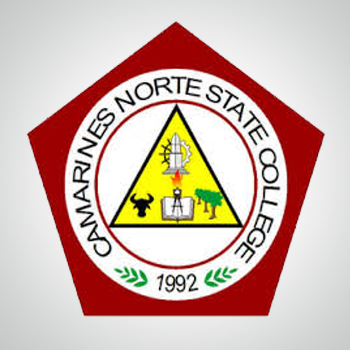
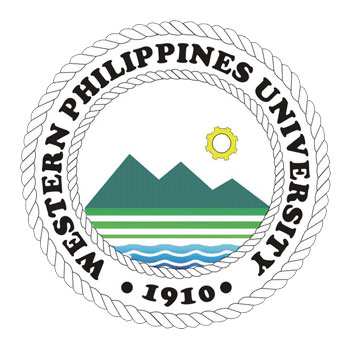
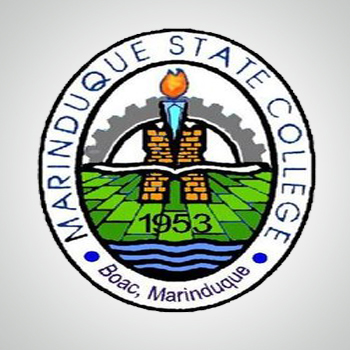
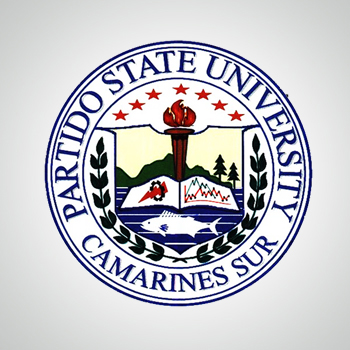
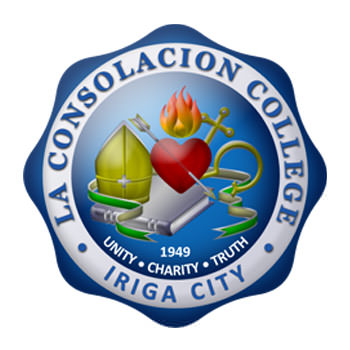
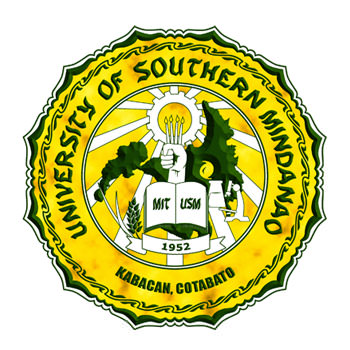
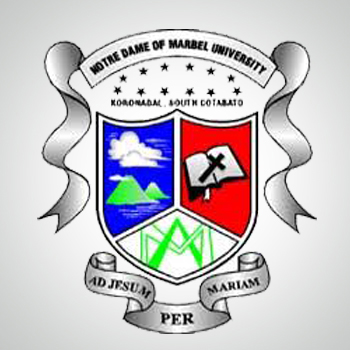
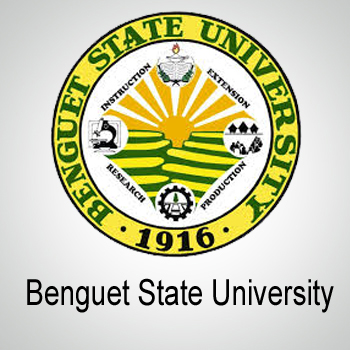









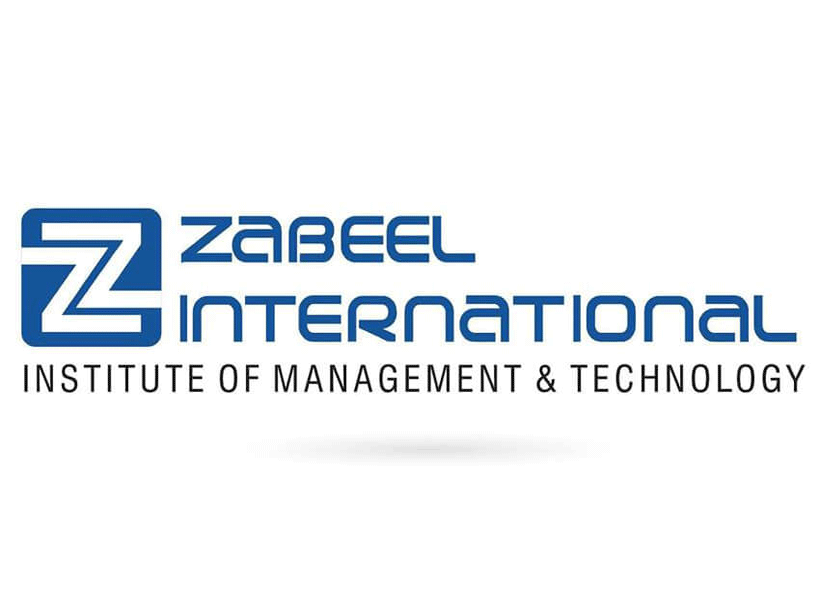
Leave a Reply